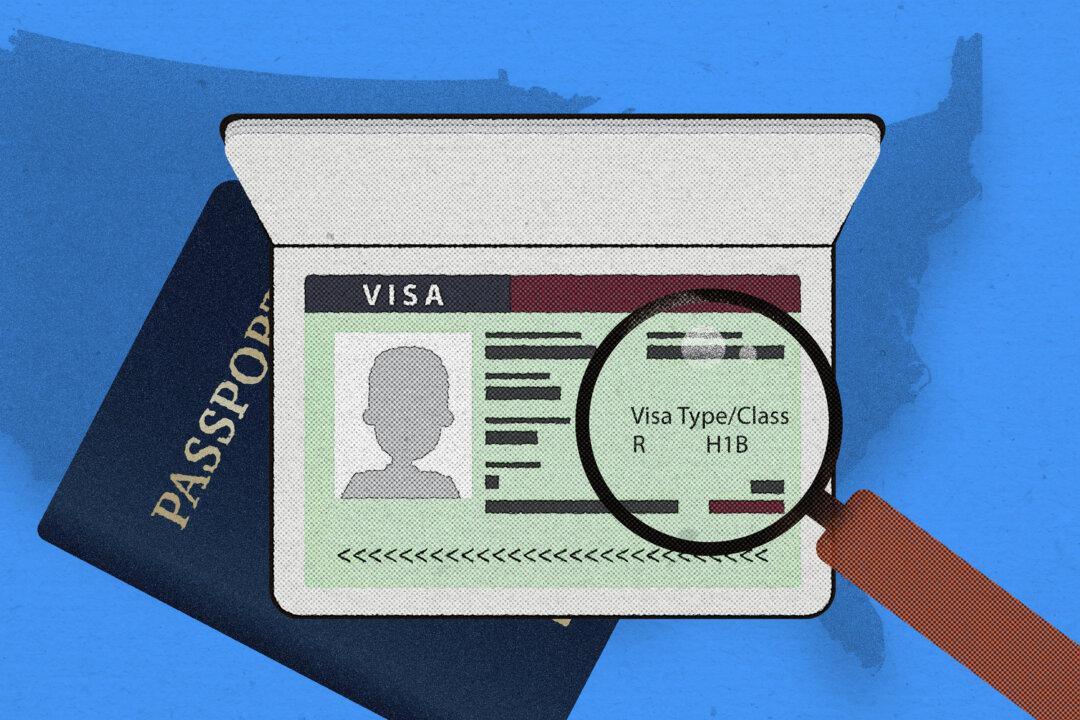Commentary
The H-1B visa program was designed with noble intentions—to attract top-tier global talent and fill critical skill gaps in the American economy. However, in recent years, companies have increasingly used it as a vehicle to import cheap labor from China, India, and other countries—not to address shortages of high-skilled workers, but to cut costs and maximize profits.


